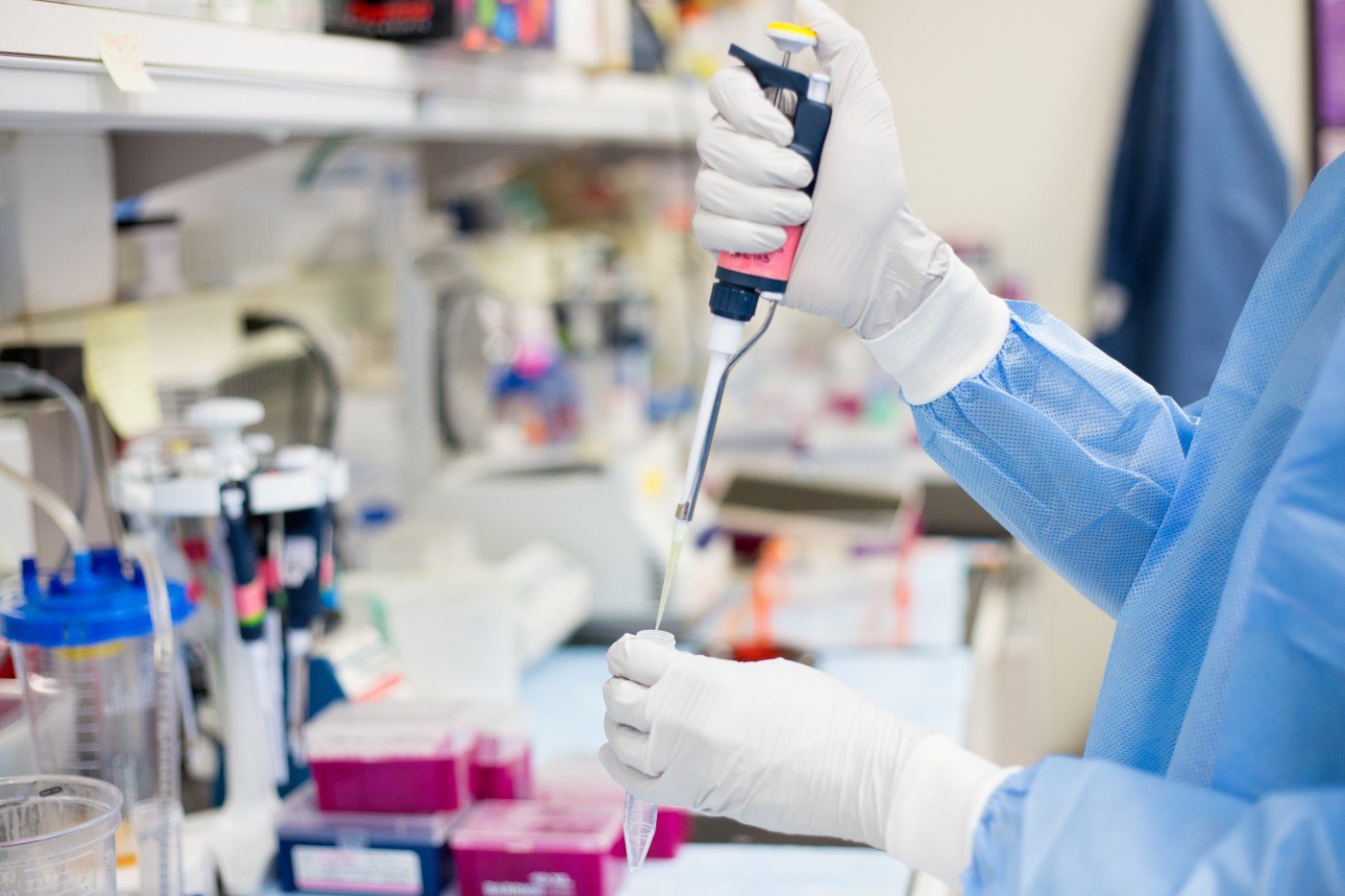Tα1 Molecule Reverses Cystic Fibrosis Tissue Defects in Mice, Study Shows
Written by |

The naturally occurring molecule thymosin α1 (Tα1) reversed tissue defects in mice with cystic fibrosis (CF) and in human cells that contained a mutation associated with the disease, according to a study.
The findings mean that Tα1 could be a promising treatment for CF patients carrying the F508del mutation in the CFTR gene, researchers said.
Tα1 is known for its safety when used as an immunotherapy or adjuvant treatment — one that helps increase the effectiveness of another therapy.
The study, “Thymosin α1 Represents A Potential Potent Single-Molecule-Based Therapy For Cystic Fibrosis,” was published in the journal Nature Medicine.
CF is caused by mutations of the CFTR gene that encodes the CFTR protein. When faulty, the protein contributes to the accumulation of mucus in several organs, facilitating the growth of pathogens such as the bacteria Pseudomonas aeruginosa. In the lungs, excessive bacterial or fungal growth can lead to lung inflammation, generating severe consequences.
The F508del mutation in the CFTR gene triggers the production of a higher than necessary amount of protein that is prematurely degraded in cells.
Allan Goldstein, a researcher from George Washington University, and his colleagues now contend that Tα1 could be beneficial in CF.
Results in his lab showed that Tα1 treatment improved inflammation and increased CFTR maturation, stability and activity in cells. The bottom line was that the therapy reversed multiple tissue defects in mice with CF and in cells from patients who had the F508del mutation.
The team believes that Tα1’s dual approach to CF — fighting inflammation and improving the CFTR gene’s functioning — means it could be an efficient single-molecule therapy for the disease.
“Right now there are multiple treatments for cystic fibrosis, and while these have improved life expectancy dramatically, there is still only a lifespan of about 40 years for patients. No one treatment can stand alone,” Goldstein said in a news release. “We developed a single treatment that can potentially correct the genetic defect that causes cystic fibrosis and decrease the inflammation that happens as a result.”
Scientists have identified more than 1,000 mutations in the CFTR gene. Most of them delete a portion of DNA or change a single amino acid in the CFTR protein. Some mutations can interfere with the production, structure or stability of the resulting protein channel. Cells carrying the CFTR mutations that line the passageways of the lungs, pancreas and other tissues produce an abnormally thick mucus which blocks airways and other glands.






